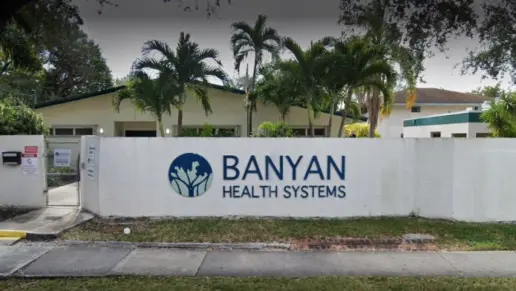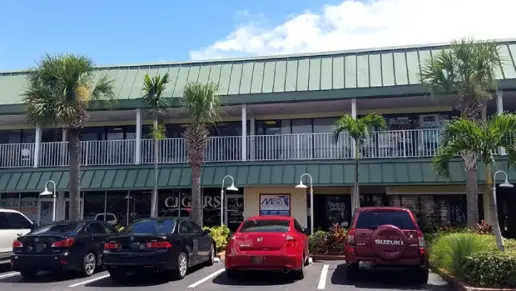I went to the kid section and they didnt care about us they were just on there phones and never told me if my mom called and when i was there 4 adults tried escaping from there unit this place is crazy and scary. The food was always cold and expexted us to eat 50% of it. DON ...
About Orlando Health South Seminole Hospital
Orlando Health South Seminole Hospital formerly known as South Seminole Hospital – Behavioral Health is in Longwood, Florida and they provide adult behavioral healthcare and comprehensive services for mental health and addiction recovery. This 80 bed psychiatric hospital treats substance abuse and a wide variety of psychiatric conditions. South Seminole accepts insurance and offers a CarePayment program that provides a no interest line of credit with flexible payment options.
Treatment at South Seminole addresses a wide variety of mental health challenges, from depression and bipolar disorder to schizophrenia. They also provide care for addictive behaviors that stem from drug and alcohol abuse.
Dual diagnosis is when two or more mental health concerns present themselves simultaneously. It is very common for those who struggle with addiction to also have an underlying mental health concern such as anxiety, depression, or a diagnosable psychiatric disorder. Without proper treatment of the mental health issue at hand, getting and staying sober can be difficult. By treating both the substance use disorder and the mental health needs concurrently, a greater chance for long term sobriety is achieved.
To begin the process, a psychiatric evaluation is completed. Throughout the program, pharmacological management, individual therapy, family therapy, and marital support are offered. Treatment of adjustment disorders, anxiety disorders, mood disorders, and psychotic disorders is available. These services can be administered in an inpatient setting, outpatient setting, or clinical office.
Staff at South Seminole know that family involvement is an important element of long-term success. Clinical social work services serve to help families cope with the effects of mental health and substance abuse challenges. Ensuring the family unit understands the complexity of addiction and the mental health issues impacting their loved ones increases the likelihood of success upon leaving treatment. It also allows families to receive the support they need.
Latest Reviews
Gallery
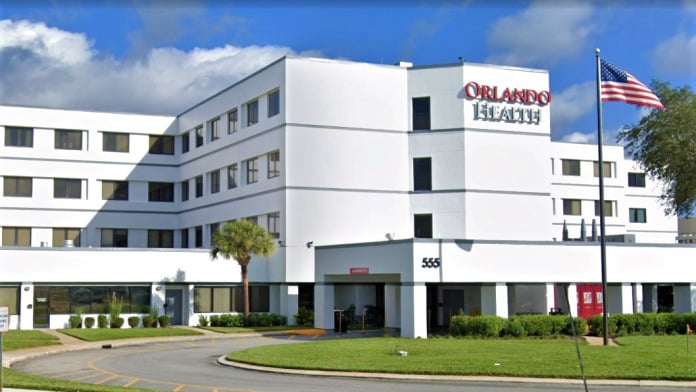
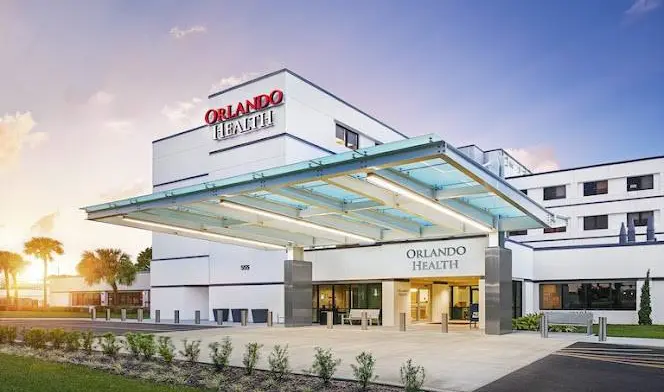
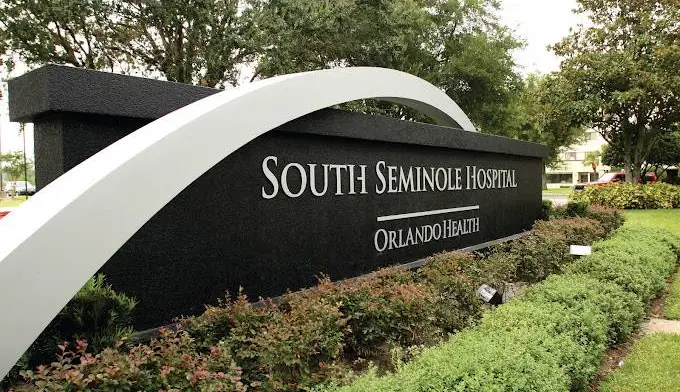
Location
Accepted Insurance
Other Forms of Payment
Medicaid is a state based program that helps lower-income individuals and families pay for healthcare. Medicaid covers addiction treatment so those enrolled can use their coverage to pay for rehab. When a program accepts Medicaid the client often pays very little or nothing out of their own pocket.
Private insurance refers to any kind of healthcare coverage that isn't from the state or federal government. This includes individual and family plans offered by an employer or purchased from the Insurance Marketplace. Every plan will have different requirements and out of pocket costs so be sure to get the full details before you start treatment.
Self-pay involves paying for treatment out of your own pocket. You can use savings or credit, get a personal loan, or receive help from family and friends to fund your treatment. If you don't have insurance or your insurance plan doesn't cover a specific program, self-pay can help ensure you still get the care you need.
Financial aid can take many forms. Centers may have grants or scholarships available to clients who meet eligibility requirements. Programs that receive SAMHSA grants may have financial aid available for those who need treatment as well. Grants and scholarships can help you pai for treatment without having to repay.
Medicare is a federal program that provides health insurance for those 65 and older. It also serves people under 65 with chronic and disabling health challenges. To use Medicare for addiction treatment you need to find a program that accepts Medicare and is in network with your plan. Out of pocket costs and preauthorization requirements vary, so always check with your provider.
Military members, veterans, and eligible dependents have access to specific insurance programs that help them get the care they need. TRICARE and VA insurance can help you access low cost or no cost addiction and mental health treatment. Programs that accept military insurance often have targeted treatment focused on the unique challenges military members, veterans, and their families face.
Addiction Treatments
Levels of Care
Treatments
Many of those suffering from addiction also suffer from mental or emotional illnesses like schizophrenia, bipolar disorder, depression, or anxiety disorders. Rehab and other substance abuse facilities treating those with a dual diagnosis or co-occurring disorder administer psychiatric treatment to address the person's mental health issue in addition to drug and alcohol rehabilitation.
Mental health rehabs focus on helping individuals recover from mental illnesses like bipolar disorder, clinical depression, anxiety disorders, schizophrenia, and more. Mental health professionals at these facilities are trained to understand and treat mental health issues, both in individual and group settings.
Programs









Clinical Services
Group therapy is any therapeutic work that happens in a group (not one-on-one). There are a number of different group therapy modalities, including support groups, experiential therapy, psycho-education, and more. Group therapy involves treatment as well as processing interaction between group members.
In individual therapy, a patient meets one-on-one with a trained psychologist or counselor. Therapy is a pivotal part of effective substance abuse treatment, as it often covers root causes of addiction, including challenges faced by the patient in their social, family, and work/school life.
Nicotine Replacement Therapy (NRT) is a way of getting nicotine into the bloodstream without smoking. It uses products that supply low doses of nicotine to help people stop smoking. The goal of therapy is to cut down on cravings for nicotine and ease the symptoms of nicotine withdrawal.
Accreditations

The Joint Commission, formerly known as JCAHO, is a nonprofit organization that accredits rehab organizations and programs. Founded in 1951, the Joint Commision's mission is to improve the quality of patient care and demonstrating the quality of patient care.
Joint Commission Accreditation: Yes
Contact Information
555 West state Road 434
Longwood FL, 32750





